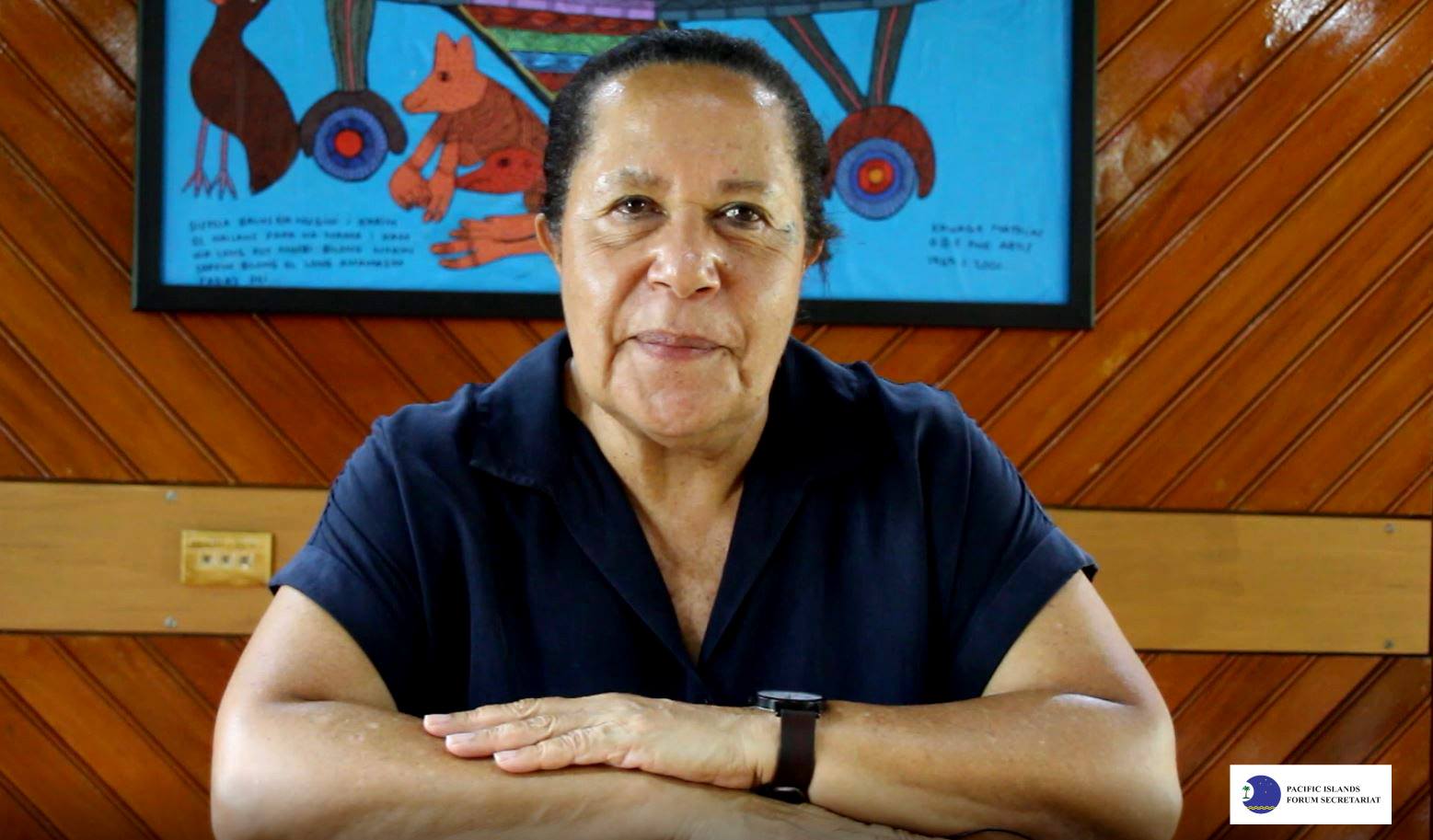As Henry Puna takes the reins at the Pacific Islands Forum Secretariat, Dame Meg Taylor has ended her term as Secretary General after more than six years in the job.
In an interview with Islands Business (subscribers only), Taylor says: “I do wish my successor Henry Puna the very best wishes. He has very challenging times ahead of him.”
Throughout two terms as Secretary General between January 2015 and May 2021, Taylor had to juggle competing local and international pressures. Her departure comes at a time of increased geopolitical interest in the region . . .
Please Subscribe to view full content...
